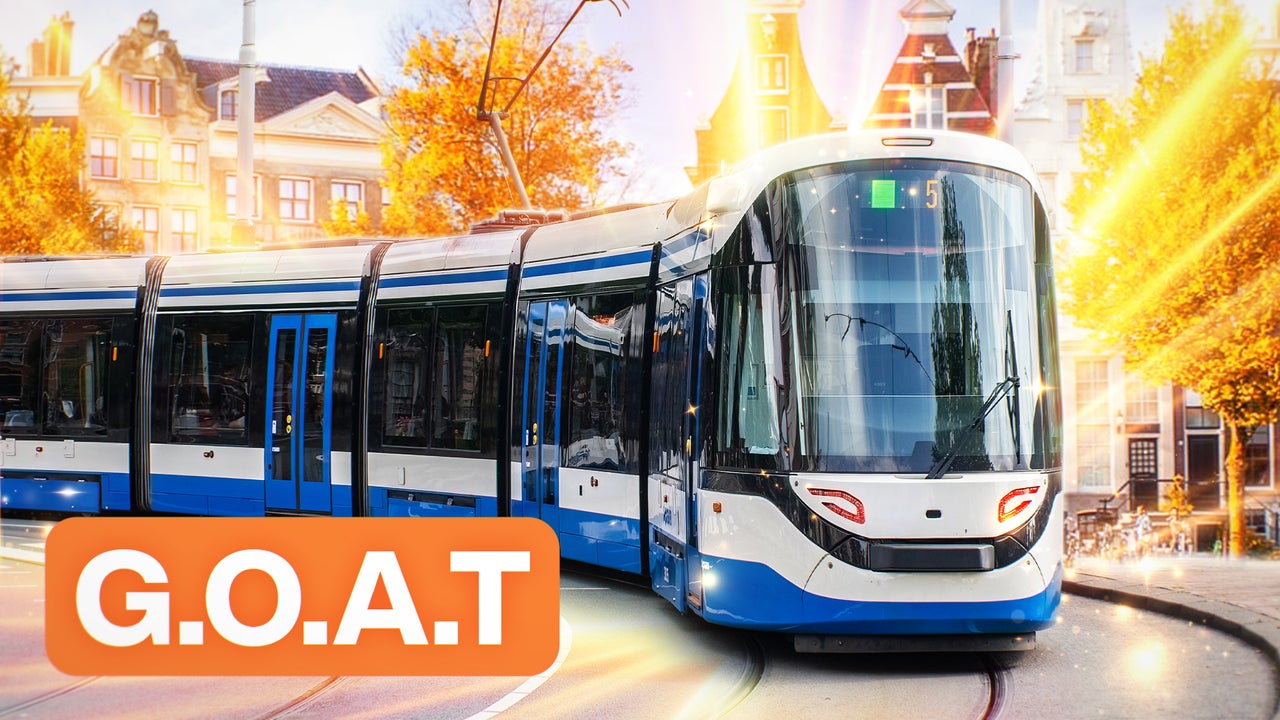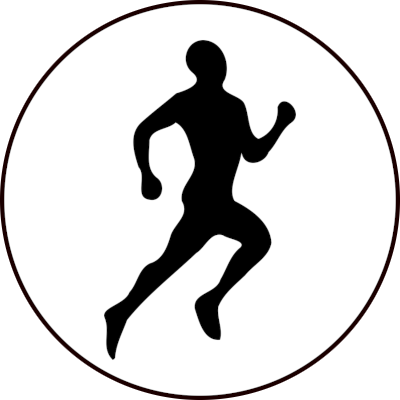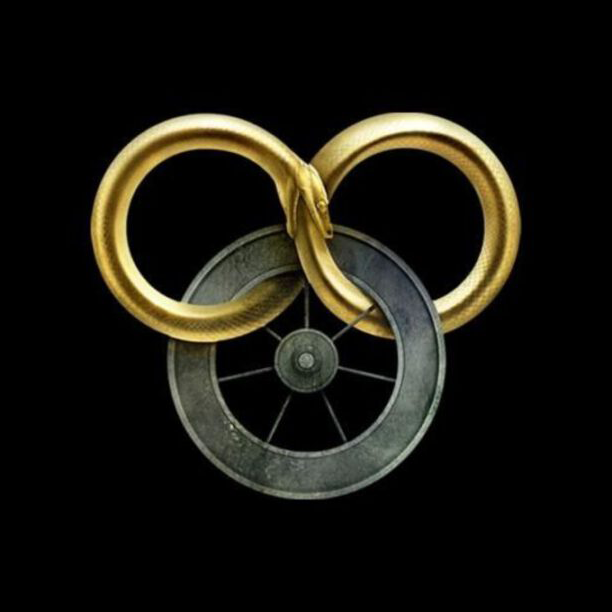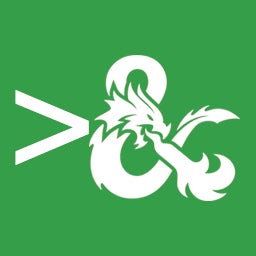

Weapon durability is frustrating, but it ties into what I think is so awesome about Dark Cloud. That being that its RPG mechanics are based not around your character but around your weapons. With upgrading the weapons’ different stats, doing a status break, and building them up into completely new weapons. It’s really unique and I think it’s a shame that I’ve never seen it done elsewhere.

















HAHAHA! 🤣 Those character descriptions are brilliant!